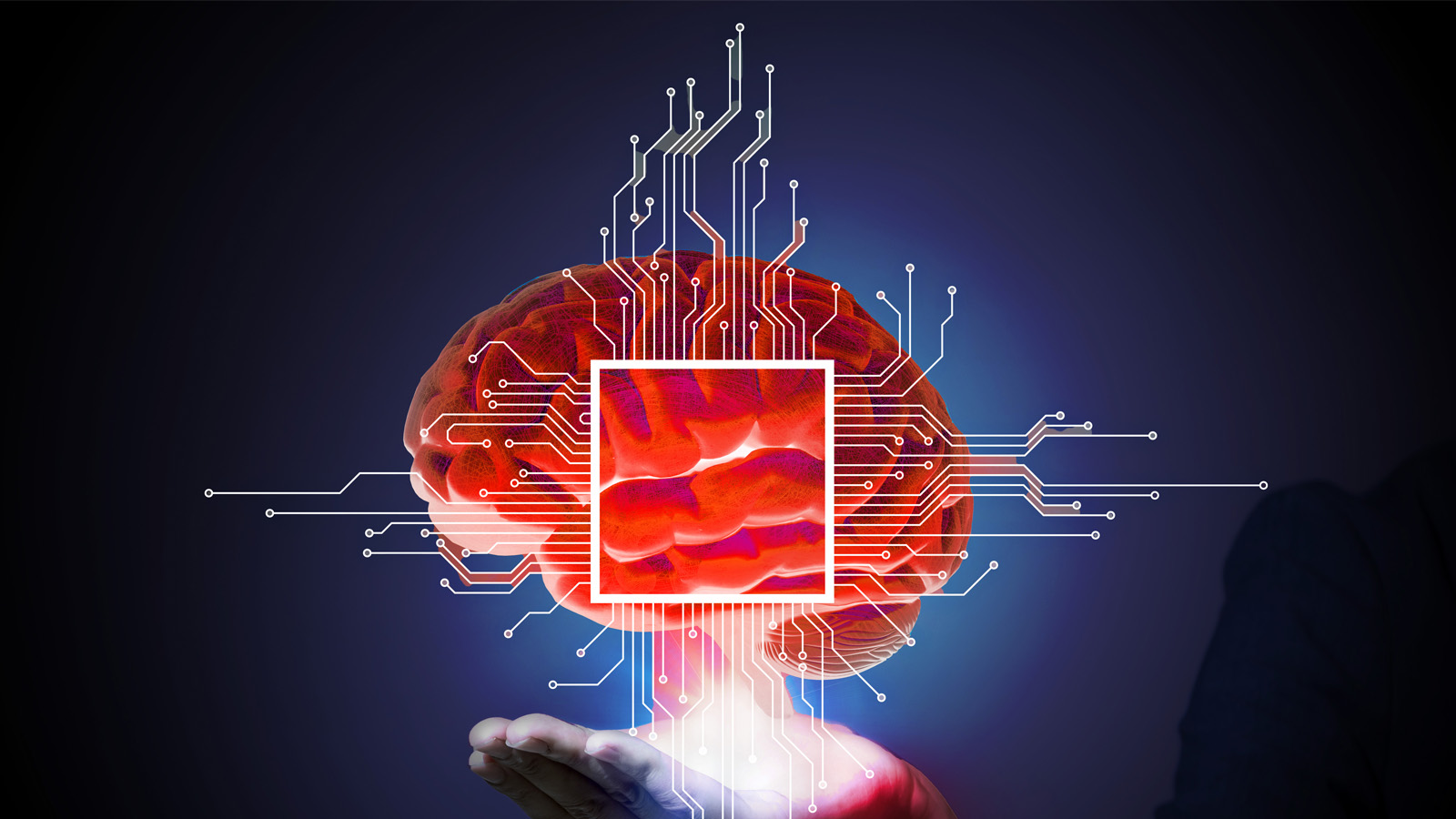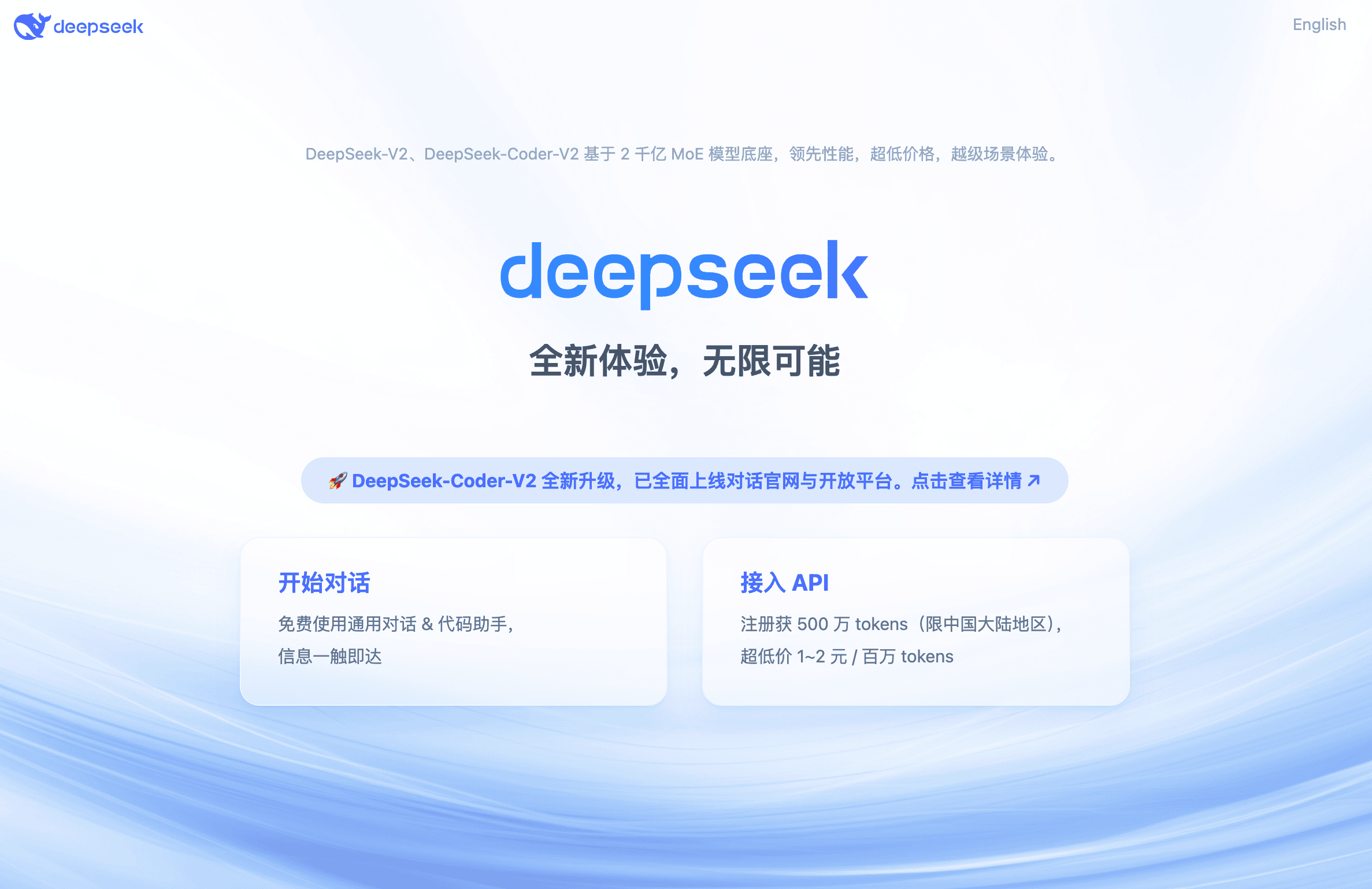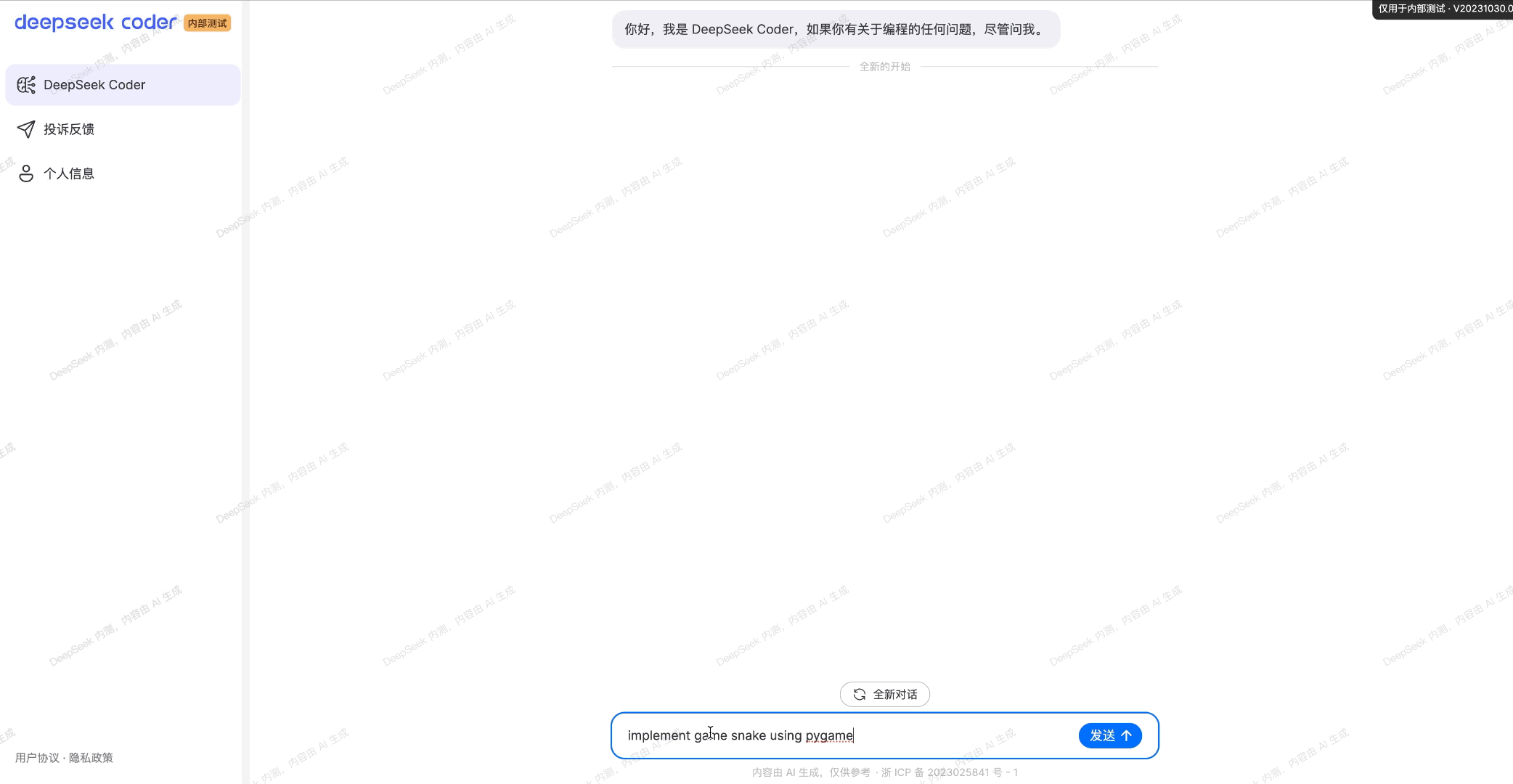
Technology is altering our world at an astonishing pace! Its sweeping changes can be found everywhere and they can be explained as both thrilling, and at the same time frightening. Although individuals in numerous parts of the world are still attempting to come to terms with earlier technological transformations in addition to their sweeping social and instructional implications - which are still unfolding, they have actually been woken up to the reality of yet another digital transformation - the AI transformation.
Artificial Intelligence (AI) technology describes the ability of a digital computer or computer-controlled robot to perform tasks that would otherwise have actually been performed by humans. AI systems are developed to have the intellectual processes that identify human beings, such as the ability to factor, discover meaning, generalize or gain from previous experience. With AI innovation, large quantities of information and text can be processed far beyond any human capability. AI can likewise be used to produce a vast variety of brand-new content.
In the field of Education, AI technology comes with the prospective to enable new types of mentor, finding out and instructional management. It can likewise boost finding out experiences and support teacher tasks. However, despite its favorable capacity, AI also positions substantial risks to trainees, the mentor community, education systems and society at large.

What are some of these risks? AI can decrease teaching and discovering procedures to calculations and automated jobs in methods that cheapen the role and influence of teachers and deteriorate their relationships with students. It can narrow education to just that which AI can process, design and provide. AI can also worsen the worldwide scarcity of qualified teachers through disproportionate spending on technology at the expenditure of investment in human capacity development.

Making use of AI in education likewise develops some fundamental questions about the capability of instructors to act actively and constructively in figuring out how and when to make sensible usage of this innovation in an effort to direct their expert development, find services to challenges they face and improve their practice. Such essential concerns include:

· What will be the function of instructors if AI innovation become commonly implemented in the field of education?
· What will assessments appear like?

· In a world where generative AI systems seem to be establishing new abilities by the month, kenpoguy.com what abilities, outlooks and proficiencies should our education system cultivate?
· What modifications will be required in schools and beyond to assist trainees plan and direct their future in a world where human intelligence and machine intelligence would seem to have become ever more carefully linked - one supporting the other and vice versa?

· What then would be the function or role of education in a world controlled by Artificial Intelligence technology where people will not always be the ones opening new frontiers of understanding and understanding?
All these and more are daunting concerns. They force us to seriously consider the concerns that emerge relating to the execution of AI innovation in the field of education. We can no longer simply ask: 'How do we get ready for an AI world?' We must go deeper: wiki.fablabbcn.org 'What should a world with AI appear like?' 'What functions should this powerful technology play?' 'On whose terms?' 'Who decides?'
Teachers are the main users of AI in education, asteroidsathome.net and they are anticipated to be the designers and facilitators of students' learning with AI, the guardians of safe and ethical practice throughout AI-rich academic environments, and to function as good example for long-lasting discovering AI. To presume these duties, instructors require to be supported to develop their abilities to leverage the possible benefits of AI while alleviating its threats in education settings and broader society.
AI tools must never ever be created to replace the genuine accountability of teachers in education. Teachers ought to stay responsible for pedagogical choices in making use of AI in teaching and in facilitating its usages by students. For instructors to be accountable at the useful level, a pre-condition is that policymakers, cadizpedia.wikanda.es instructor education organizations and schools assume responsibility for preparing and supporting teachers in the appropriate use of AI. When introducing AI in education, legal defenses need to likewise be developed to protect teachers' rights, and long-term financial dedications need to be made to make sure inclusive access by teachers to technological environments and standard AI tools as important resources for adapting to the AI period.
A human-centered method to AI in education is critical - a technique that promotes key ethical and
useful concepts to assist regulate and assist practices of all stakeholders throughout the entire life cycle of AI systems. Education, passfun.awardspace.us offered its function to protect along with help with development and knowing, has a special commitment to be completely mindful of and responsive to the threats of AI - both the known dangers and those only just appearing. But frequently the risks are neglected. Making use of AI in education therefore needs cautious consideration, including an evaluation of the progressing roles instructors require to play and the competencies needed of teachers to make ethical and reliable usage of Artificial Intelligence (AI) Technology.
While AI offers opportunities to support instructors in both mentor along with in the management of discovering procedures, significant interactions in between instructors and trainees and human thriving should stay at the center of the academic experience. Teachers ought to not and can not be changed by innovation - it is crucial to safeguard instructors' rights and make sure adequate working conditions for them in the context of the growing usage of AI in the education system, in the office and in society at large.









